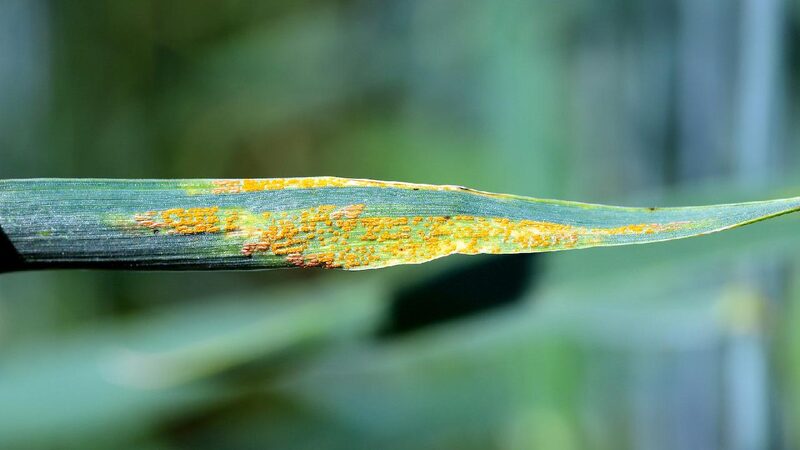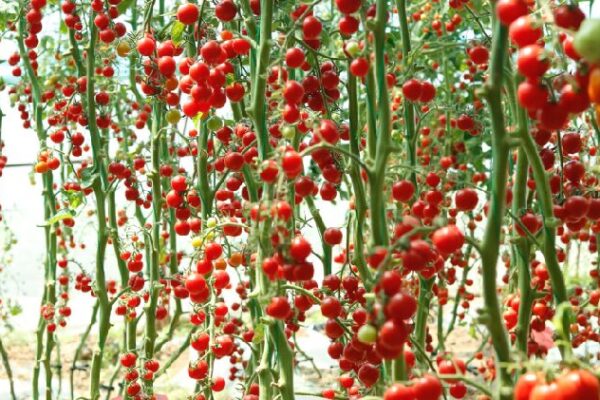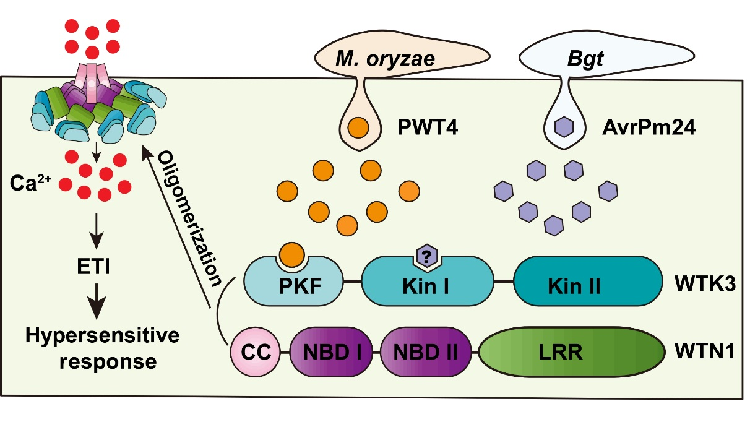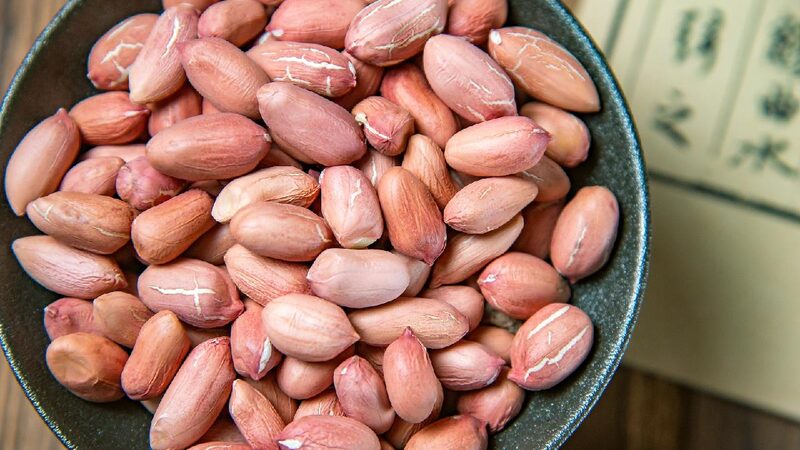Chinese scientists have made a groundbreaking discovery that could help protect crops from devastating parasitic plants. A team led by Professor Xie Qi at the Institute of Genetics and Developmental Biology of the Chinese Academy of Sciences has identified two key genes responsible for sorghum’s resistance to Striga, a parasitic plant known as “witchweed” that causes significant crop losses worldwide.
Striga and other parasitic plants like Orobanche attack host plants by siphoning off nutrients and water, severely affecting crop yields and threatening agricultural ecosystems. In Africa alone, Striga infests over 50 million hectares of farmland, leading to annual economic losses of $1.5 billion and impacting more than 300 million people. Regions in China, including Guangdong and Yunnan, are also affected by these parasites.
In their study published in Cell, the researchers identified two genes, SbSLT1 and SbSLT2, that control the secretion of strigolactones (SLs) in sorghum roots. SLs are plant hormones that help sorghum recruit beneficial fungi for nutrient uptake. However, these hormones also signal dormant Striga seeds in the soil to germinate and infect the host plant.
By knocking out the SbSLT1 and SbSLT2 genes, the team was able to prevent the secretion of SLs, effectively blocking Striga from detecting and infecting the sorghum plants. Field trials in areas prone to Striga infestation showed that sorghum with these genes knocked out had 67-94% lower infestation rates and suffered 49-52% less yield loss.
The discovery has significant implications for global food security. “Our findings offer valuable genetic resources and technical support for breeding Striga-resistant crops,” the researchers stated. They believe this breakthrough could greatly benefit regions severely affected by parasitic plants, especially in Africa and Asia.
Moving forward, the team plans to validate these genes in other crops like maize, millet, and tomatoes, aiming to develop broader resistance against parasitic plants. This advancement represents a promising step toward safeguarding crops and supporting farmers in the Global South.
Reference(s):
cgtn.com








